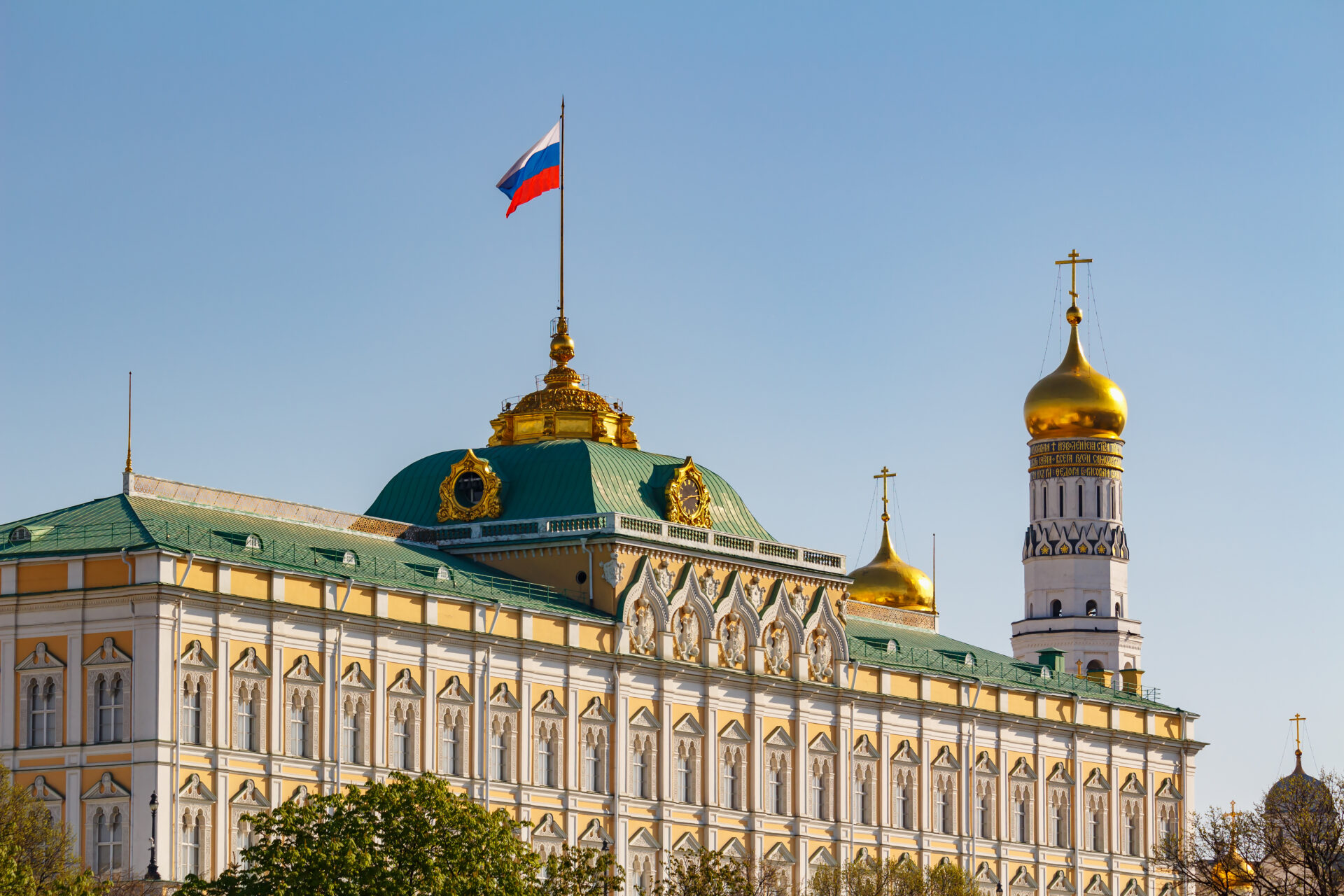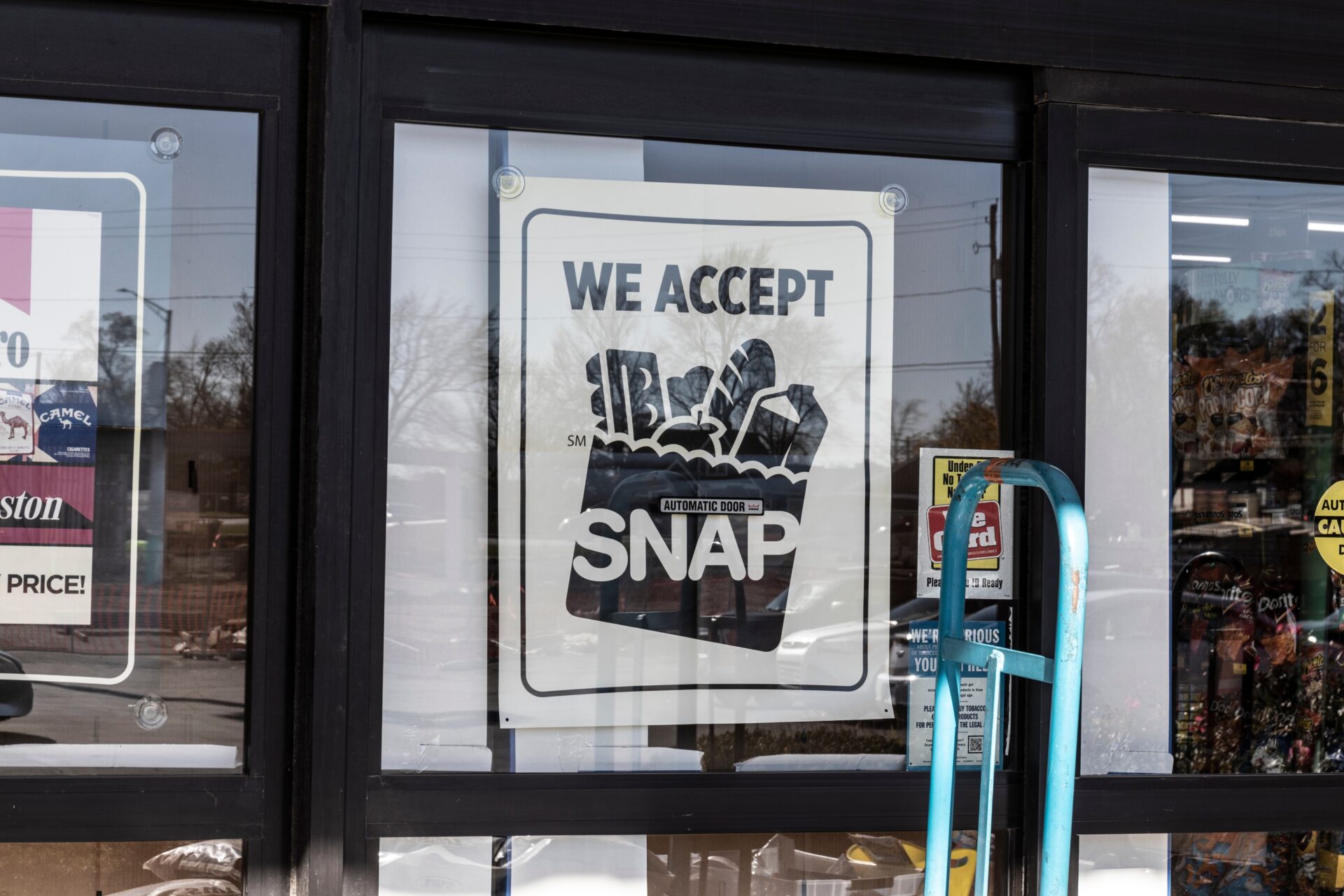
Dnipro Breach GROWS – Is Europe FAILING?
Russia’s military has reached Ukraine’s Dnipropetrovsk region as the Kremlin rejects a ceasefire while Lithuanian President slams EU leadership for failing to respond with tougher sanctions.
At a Glance
- Russian forces have breached into the Dnipropetrovsk region of Ukraine, escalating the conflict that has entered its fourth year
- Russian troops have captured 190 square kilometers of Ukraine’s Sumy region and are advancing on the key logistical hub of Kostyantynivka
- Lithuanian President Gitanas Nauseda has publicly criticized EU leaders, including the leader of Germany’s CDU party Friedrich Merz, for not imposing additional sanctions after Russia rejected a 30-day ceasefire
- Both nations accuse each other of delaying prisoner exchanges and the return of fallen soldiers’ remains
- Russia now controls approximately 18.8% of Ukrainian territory, according to official reports
Russian Military Advances Into New Ukrainian Territory
Russian forces have pushed into the Dnipropetrovsk region, marking a significant escalation in the ongoing Ukraine conflict. According to official Russian sources, units of the 90th Tank Division are spearheading the offensive into this strategically important region. This development comes after Russian troops reportedly seized approximately 190 square kilometers of territory in Ukraine’s eastern Sumy region. Military analysts warn that these advances could severely impact Ukraine’s military capabilities and further strain its already weakened economy during this prolonged conflict.
The Ukrainian Southern Defense Forces acknowledged the threat but insisted their troops are maintaining defensive positions. “The enemy does not abandon its intentions to enter the Dnipropetrovsk region. Our soldiers are courageously and professionally holding their section of the front, disrupting the occupier’s plans. This work does not stop for a minute,” the Ukrainian military stated in an official release.
EU Political Tensions Intensify Over Response to Russia
Lithuanian President Gitanas Nauseda has publicly criticized European Union leadership for their tepid response to Russia’s rejection of a ceasefire proposal. Nauseda specifically targeted the leader of Germany’s CDU party Friedrich Merz and other EU officials for failing to implement stronger sanctions against Moscow after the Kremlin ignored a ceasefire deadline. The Lithuanian leader expressed serious concerns about Europe’s credibility in supporting Ukraine, highlighting growing divisions within the European alliance at a critical juncture in the conflict.
President Donald Trump has weighed in on the conflict, likening it to a dispute between children that requires resolution. Meanwhile, Russian President Vladimir Putin has accused Ukraine of not wanting peace and has blamed Ukrainian forces for a bombing in Russia’s Bryansk region. The Kremlin continues to demand international recognition of its claimed territories, including Crimea and parts of other Ukrainian regions, as a precondition for any peace negotiations.
Humanitarian Crisis Deepens Over Prisoner and Casualty Exchanges
Tensions between Moscow and Kyiv have worsened over stalled negotiations for prisoner swaps and the repatriation of war dead. Russian authorities claim to have transported 1,212 bodies of Ukrainian soldiers to an exchange site but say they are still awaiting confirmation from Ukrainian officials. Meanwhile, Ukrainian representatives have accused Russia of “dirty games” and failing to adhere to previously agreed parameters for these humanitarian exchanges, further complicating efforts to recover fallen soldiers.
Russian forces have intensified attacks across Ukraine, including devastating strikes on Kharkiv that killed at least four civilians and injured more than 60 others. In response to Ukrainian drone operations, Russia claims to have downed 61 Ukrainian drones in the Moscow region, which temporarily disrupted airport operations in the Russian capital. Putin has threatened further retaliation against Ukrainian infrastructure if attacks on Russian territory continue.
Territorial Control and Strategic Implications
According to official reports, Russia now controls approximately 18.8% of Ukrainian territory, including Crimea and significant portions of other regions. The Russian Defense Ministry recently announced the capture of the village of Zoria in Ukraine’s Donetsk region, continuing its pattern of incremental territorial gains. Military observers have noted that Russian forces appear to be attempting to “build a bridgehead for an attack” on additional Ukrainian positions, particularly around the strategic logistics hub of Kostyantynivka.
The conflict, now in its fourth year, shows few signs of de-escalation as both sides maintain their core demands. Ukrainian President Volodymyr Zelenskyy has repeatedly stated that Russian occupation of Ukrainian territory remains the central obstacle to peace negotiations. International diplomatic efforts continue to face challenges as the humanitarian toll rises and the strategic situation evolves, with potentially far-reaching implications for European security and the global order.


